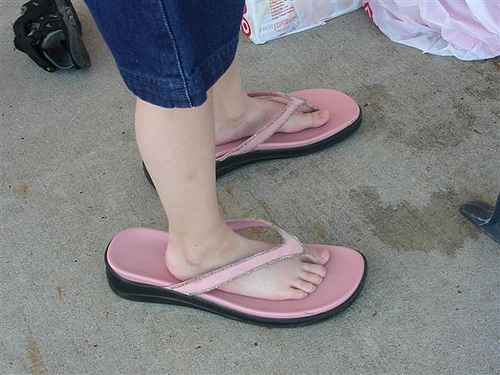Whatever is well said by another, is mine. – Seneca
What does that mean?
Well, this is an interesting quote. One way to take it is to presume that he is taking other people’s quotes. In short, plagiarism.
While I would recommend against outright stealing the work of others, the way humans work is to build on the foundations laid by others. In that way, you make something your own, while still crediting the source.
The other way to interpret this quote is to say that he isn’t stealing the work, but that he is incorporating it into his life. What I mean by that is if you find something useful, you make it part of who you are, and how you do things.
If you find a well said comment about compassion and became more compassionate as a result, have you not made the saying yours? To me, this kind of tribute isn’t plagiarism in any way shape or form. How do you take this quote?
Why is incorporating things well said into your life important?
I guess if you are going to incorporate something into your life, it should probably be something well said, shouldn’t it? You wouldn’t want to use something sloppy or ill conceived, would you? I know that I certainly wouldn’t.
We regularly incorporate things into our lives. It would make sense to only take the best possible things to add to the collection, right? While this might not have been exactly what the quote was implying, I believe it is something we might want to consider.
Incorporating something well said into your life is really nothing more than taking good advice. However, sometimes the advice we take isn’t exactly the best thing for us. We’re all different, and what might work well for someone else might not work so well for you.
That’s where the ‘well said’ part comes in. It is my belief that we need to take a moment and consider if the advice, the words well spoken, are proper for us to act on. And one size has never fit all.
Where can I apply this in my life?
How often do you see someone who has adopted something because it was hip, fashionable, or popular? Have you found yourself asking “What were they thinking?”? I know I have. And that’s the point of today’s exercise. Applying thought before doing something.
Whether it is the latest popular tech toy, the latest trend in clothing or hairstyles, or simply an attitude or even a word, I believe we should always take a little time to think about it first. While hairstyles change and hair grows out, other changes can cause lasting damage, when done improperly.
Consider the trend in many parts of the world towards getting tattoos. That’s something that will last a little while, right? That said, I have a tattoo, but it was something I put a lot of thought into, and took a while to find the right shop to do it.
Yet others will get one while on a vacation, and often while in a state of mind which is far less than perfectly clear. Yet it will remain with them for the rest of their lives. That’s not exactly a very prudent path to walk, is it?
Most of our choices regarding what to incorporate into our lives aren’t that permanent. However, we can accumulate a bunch of contradictory or less than spectacular bits of advice. Our lives change, and what was good advice for then is no longer applicable to our lives now.
What advice, for good or ill, have you incorporated into you life which you no longer wish to have? What are you still doing which you want to quit? Have you even thought about it? Or do you just note that something you did wasn’t all that bright, and go on with your life?
There are many techniques for changing your life, but they all start with one thing, a list of what you want to change. That’s where we will start. Take a moment and make a list, on paper if you wish, of the things which are no longer useful.
Think of everything, from fashionable items, to using the word ‘like’ for something other than Facebook, put it on the list. Add bad advice or advice that no longer works for you. Add things that you shouldn’t do anymore or of which you are no longer physically able.
Look at the list. What will you change first? Are there patterns? Was there a point time when a lot of them were added? Are there any common threads which can help you unravel more than one at a time?
How you will change them will depend on what they are, but at least you are aware. That is the first step, and often enough to get you started. And next time, think twice before you decide to take some advice.
From: Twitter, @PhiloQuotes
confirmed at : http://www.brainyquote.com/quotes/quotes/l/luciusanna399248.html
Photo by _G2
Related articles
- Plagiarism: How to Cope with Every Writer’s Worst Nightmare (successful-blog.com)
- Plagiarism, The Ultimate No, No!!! (writingsbykrystol.wordpress.com)
- 10 Things I Subconsciously Discovered That Changed My Life (thoughtcatalog.com)
- Plagiarism, Attribution, Citation, Quotation (onecoolsitebloggingtips.com)
- To make it Google-proof, make it personal (doug-johnson.squarespace.com)







